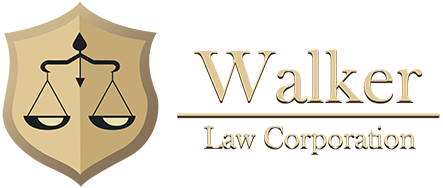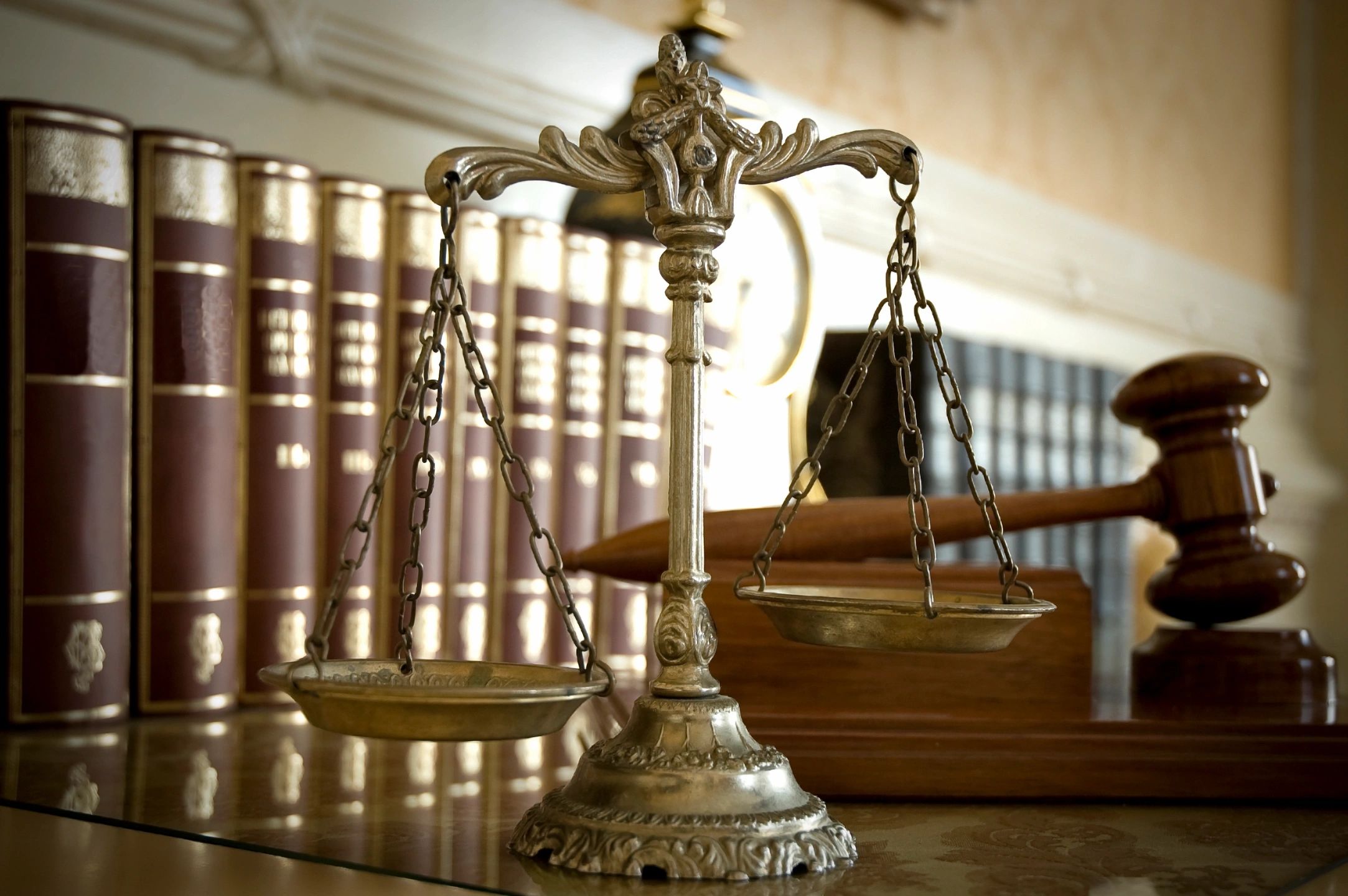Civil Litigation Settlement Agreement
At any time either before or after a lawsuit is filed, a family court matter is pending, a probate proceeding has commenced, or a trust litigation matter is at issue the parties may enter into a voluntary Settlement Agreement to resolve some or all of the issues. Whether it is a complete or partial Settlement Agreement all of the parties must sign and submit the Settlement Agreement to the Court for entry of Judgment on all matters specified by the Settlement Agreement. CA Civ Pro Code § 664.6 See-CODE OF CIVIL PROCEDURE – CCP
A Settlement Agreement can be a useful tool to narrow the issues for trial and thereby eliminate unnecessary issues which the parties agree upon. A Settlement Agreement will reduce the time needed for the attorneys to prepare for trial, to conduct the trial and thereby result in cost savings to the parties and provide finality on the settled issues. A Family Court Settlement Agreement is governed by more stringent legal principles due to the party’s fiduciary obligations. (See Family Court Settlement Agreement) Likewise a Probate Settlement Agreement may also be governed by more stringent fiduciary duties depending on the parties to the pending probate matter. (See Probate Court Settlement Agreement) A Trust litigation Settlement Agreement may also be governed by more stringent fiduciary duties depending upon the parties involved. (See Trust Litigation Settlement Agreement) However, regardless of the forum a Settlement Agreement is always a good approach to resolving undisputed issues prior to trial. The procedure for obtaining a Settlement Agreement is similar to contract formation with several caveats.
The Settlement Agreement Must Be Signed by All Parties
Unlike the steps an attorney may take on behalf of the client that are incidental to the management of a lawsuit, such as making or opposing motions, seeking continuances, or conducting discovery, the settlement of a lawsuit is not incidental to the management of the lawsuit; it ends the lawsuit. Accordingly, settlement is such a serious step that it requires the client’s knowledge and express consent. (1 Witkin, Cal. Procedure (3d ed. 1985) Attorneys, § 194, pp. 221-222.) As we stated in Blanton v. Womancare, Inc. (1985) 38 Cal. 3d 396 [212 Cal. Rptr. 151, 696 P.2d 645, 48 A.L.R.4th 109]: ” ‘[T]he law is well settled that an attorney must be specifically authorized to settle and compromise a claim, that merely on the basis of his employment he has no implied or ostensible authority to bind his client to a compromise settlement of pending litigation. . . .’ ” ( Id. at p. 404, quoting Whittier Union High Sch. Dist. v. Superior Court (1977) 66 Cal. App. 3d 504, 508 [136 Cal. Rptr. 86].) Levy v. Superior Court, 10 Cal. 4th 578, 583
The Settlement Agreement Should be Drafted in a Clear and Concise Manner
Settlement negotiations are protected discussions and with limited exceptions are confidential under the California Evidence Code. See- California Code, Evidence Code A proper Settlement Agreement should include the following:
- The terms of the Settlement Agreement should be clear to both parties including that the Settlement Agreement is and must be kept confidential.
- The Terms of the Settlement Agreement should make it clear that confidentiality applies to the dispute between the two parties, the negotiations that followed and the ultimate Settlement Agreement entered as a Judgment in the court proceedings.
- The Settlement Agreement should include language that specifies that breaking the confidentiality clause will be treated as a material breach of the Settlement Agreement.
- The Settlement Agreement should include a liquidated damages clause that specifies what monetary damages must be paid if either party breaches.
Of course, there are limitations on the extent and scope of a confidentiality clause but those matters are beyond the scope of this article. For more details or to consult with the Law Offices of Sam Walker regarding your specific situation please use our contact form to schedule a free 15-minute telephonic consultation.
Have Questions On Civil Litigation Settlements in Los Angeles and Orange County?
Long Beach Law Office
Address: 444 W Ocean Blvd #800, Long Beach, CA 90802,
Phone: 714-943-2336
Email: sam@attorneysamwalker.com
Newport Beach Law Office
Address: 444 W Ocean Blvd #800, Long Beach, CA 90802,
Phone: 714-943-2336
Email: sam@attorneysamwalker.com



